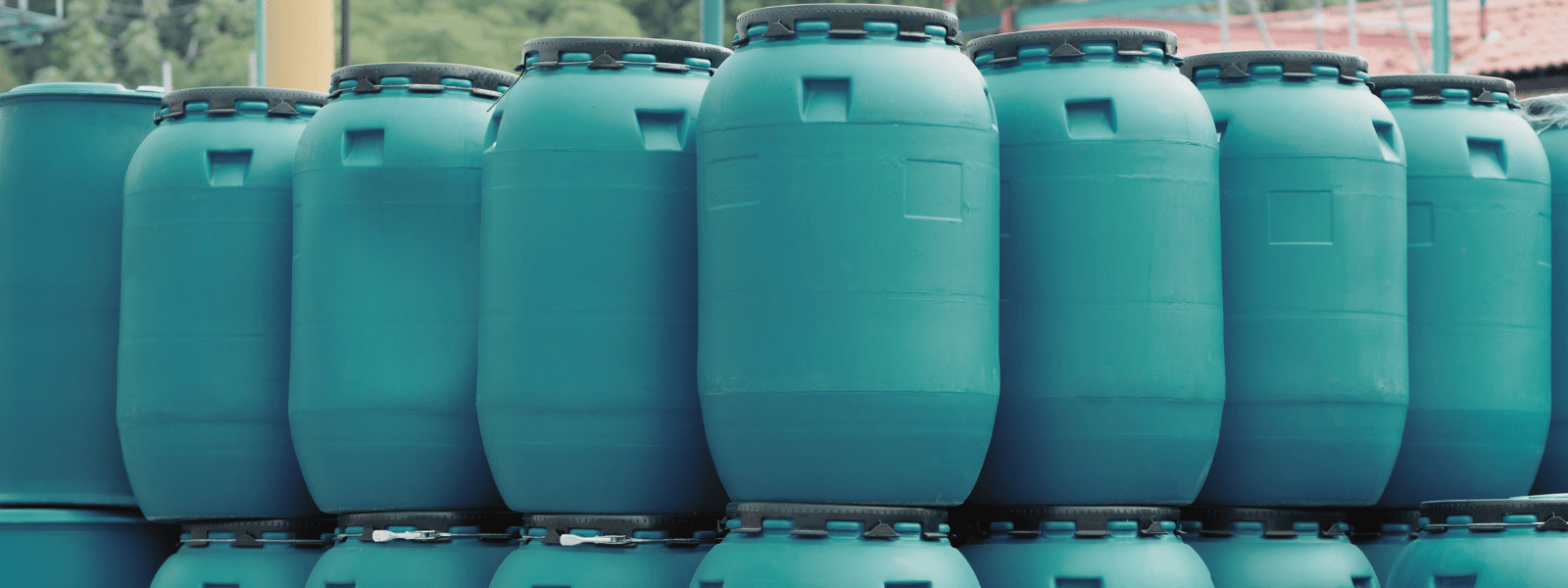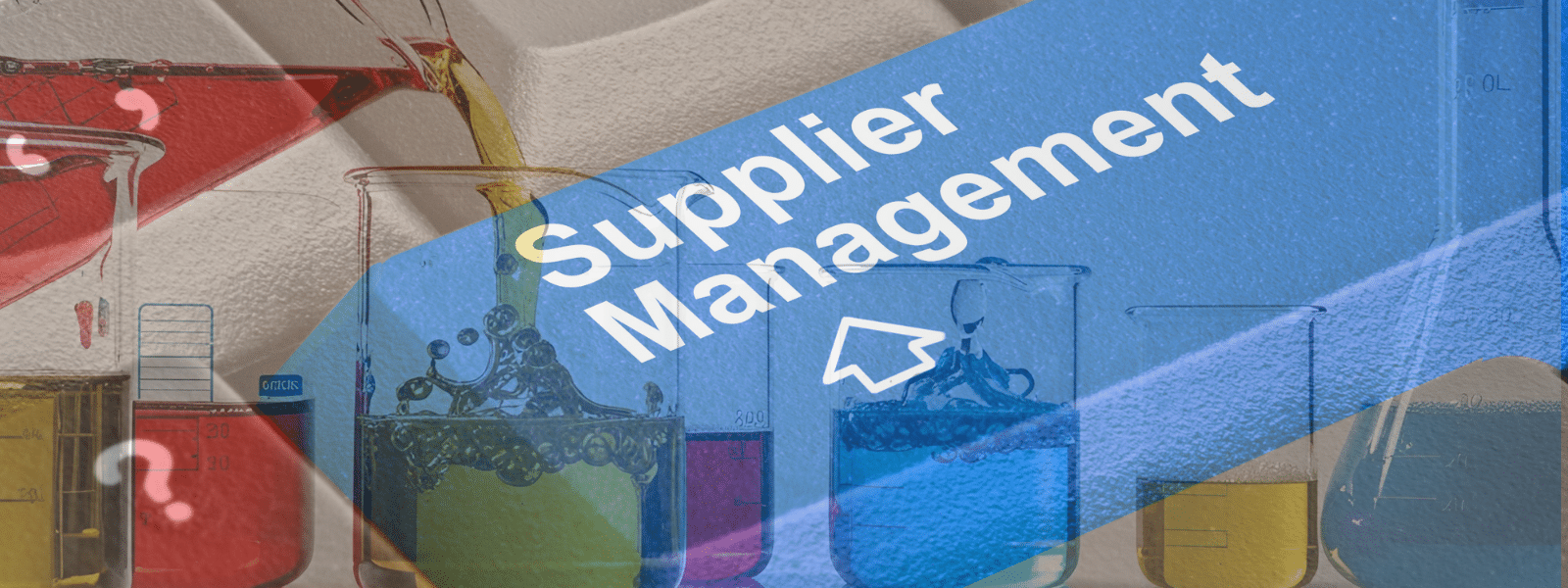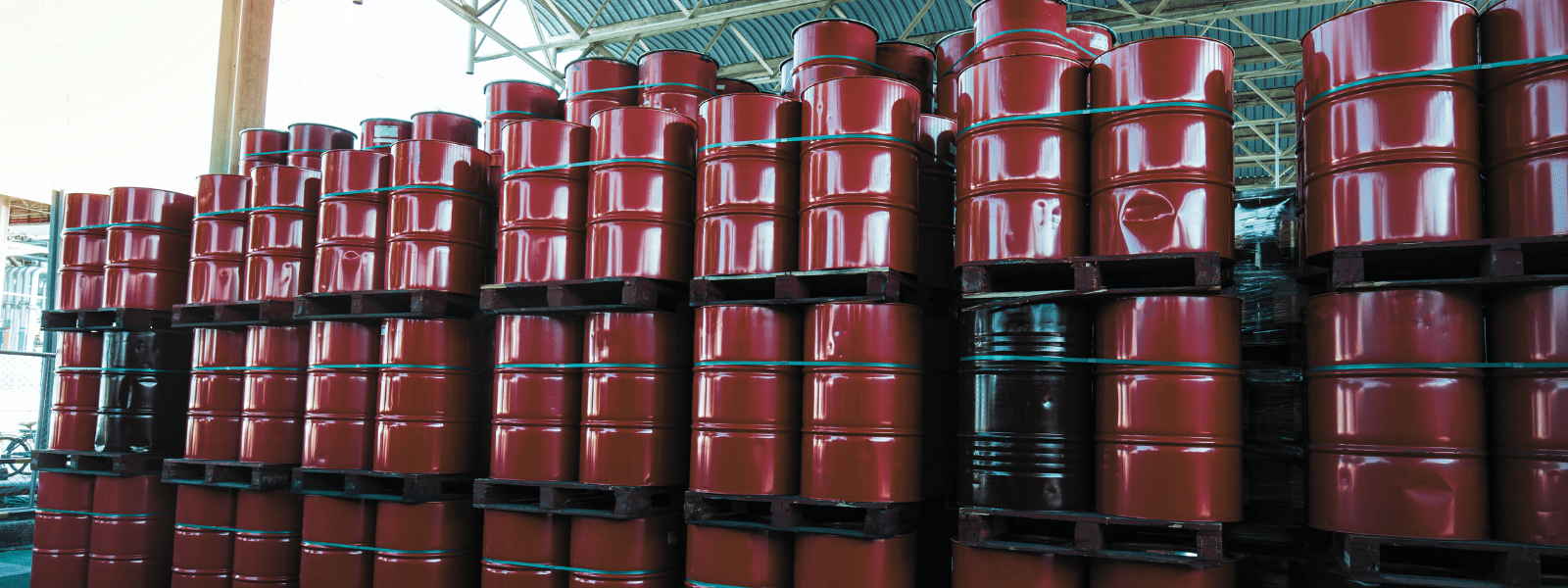Also known as 1-Bromopane and n-propyl bromide, nPB is a chemical compound that has been used increasingly for the past 20 years as a solvent for industrial work processes, particularly: aerosol glue applications, asphalt production, synthetic fiber production, and degreasing.
However, since the Environmental Protection Agency (EPA) published a final rule that adds nPB to the Toxic Release Inventory (TRI) list of reportable chemicals, users of the solvent must file TRI reporting forms that document release and waste management data for the solvent. Ultimately, this means large-scale users of nPB products can no longer use them in quantities required to effectively perform the work processes above, among others.
nPB Replacement and Productivity
Because the U.S. Department of Health’s National Toxicology Program (NTP) finds that nPB is “reasonably anticipated to be a human carcinogen,” all users of the solvent have at least one good reason to replace it. However, for outfits for which nPB plays a crucial role in work processes, one of the greatest barriers to replacement is the temporary, potential loss of productivity that can occur when swapping out one industrial solvent for another.
Is it possible to eliminate a lag in productivity when you replace nPB aerosols? When your company or organization works with an experienced supplier of environmentally friendly and environmentally preferred industrial solvents, the answer is yes. Here is a simplified, four-part version how the ideal replacement process works:
- The supplier evaluates your solvent needs while nPB is in place.
- The supplier recommends a solution for nPB replacement.
- The new solvent is “dropped in” quickly to replace nPB solvent.
- Leftover nPB is discontinued or used in small quantities until gone.
Because nPB has demonstrated ill effects on human health, discontinuing nPB swiftly after receiving a replacement is the best option. You may not recoup your full investment in nPB if you don’t use your reserve supply. However, considering that financial setbacks that could occur from health problems that nPB exposure causes (i.e, workers comp claims, chemical injury lawsuits, and increased sick days taken) absorbing the loss could actually be the most cost effective option.
Need to Replace nPB Aerosols?
When you replace nPB aerosols, there are four things you need in the replacement products: solutions that have the same or greater efficacy as nPB, solutions that are available in aerosol form, “drop in” solutions that can be used to immediately replace nPB, and solutions that have a good safety profile for workers and the environment.
Ecolink can provide you with stock solvents or custom solvents that meet all three requirements, and supply them on an extended basis to support business productivity. In addition, by providing free solvent samples, we help you purchase our products with the utmost assurance that they will meet your solvent application needs that nPB once met.
If you need to replace nPB aerosols, give us a call today at (800) 563-1305, or use the contact form on our website. We look forward to helping you replace nPB aerosols without losing productivity.















